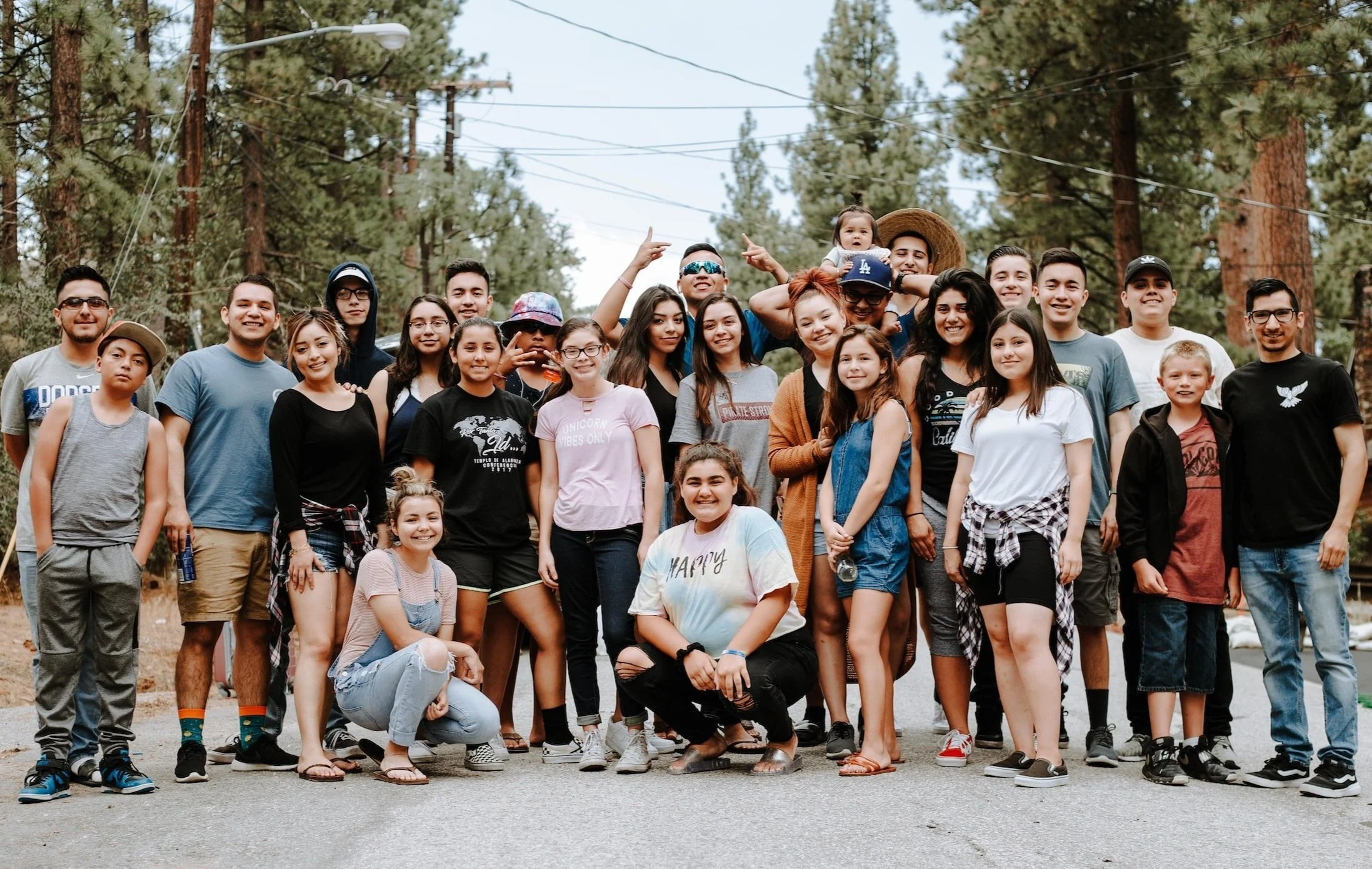Did you know that “doing good” is actually good for you, your health, and your mood?
At first glance, philanthropy and positive psychology appear to have very little in common. Philanthropy is a term generally associated with giving money to charities, doing good in the community, and creating social value. Positive psychology usually connotes an academic approach to emotional strengths and virtues that enable people to thrive.
But there is indeed a connection. After all, philanthropy, according to the classic dictionary definition, means a “love of humanity” in the sense of caring, nourishing, developing, and enhancing “what it is to be human” on both the benefactors’ and beneficiaries’ parts. The connection is right there.
What’s more, the benefits aren’t limited to your mood. After scouring websites, journals, blogs, articles, and more, a team of researchers uncovered dozens of studies linking philanthropic behavior and improved physical health. Research suggests activities such as volunteering and giving can lead to a longer life, lower blood pressure, and better pain management.
Your whole family can “do good” and feel even better when you work with the team at the Community Foundation.



